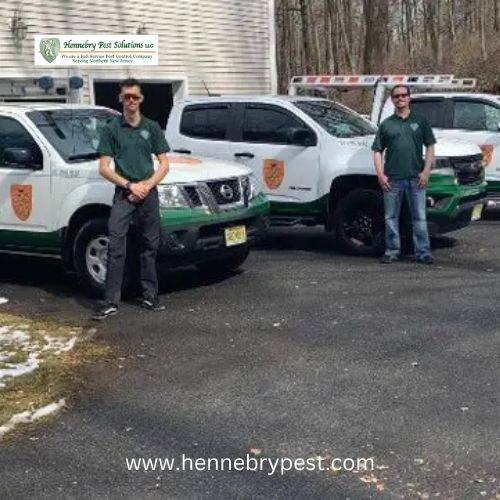views
When it comes to pest control, there are numerous myths that can cause confusion, leading homeowners and businesses to make decisions based on misinformation. Many of these myths are not only inaccurate but can also make pest problems worse or more difficult to solve. In this article, we will debunk some of the most common pest control myths, so you can make informed decisions when it comes to protecting your home or business from pests.

Pest control is only necessary when you see pests
One of the most widespread myths is that pest control is only needed when you spot an insect or rodent in your home. While it’s true that visible pests are a problem, many pests operate out of sight, often causing damage or health risks before you even know they’re there. Rodents, termites, and bedbugs, for instance, can hide in walls or under floors, creating significant problems that may go unnoticed until the damage is severe.
DIY pest control products are as effective as professional services
While DIY pest control products may seem like an easy and affordable solution, they are often not as effective as professional pest control services. Many over-the-counter pesticides only address the symptoms of an infestation, not the root cause. In addition, improper use of these products can be dangerous to your family and pets, and can even exacerbate the problem by pushing pests further into your home or causing them to become resistant.
Pests only live in dirty homes
It’s a common misconception that pests are only attracted to dirty or unsanitary homes. While pests may be drawn to food sources, moisture, or hiding places, they can invade any home, regardless of cleanliness. Rodents, cockroaches, and ants are experts at finding ways inside, even through the smallest cracks or gaps in your home’s exterior.
All pest control treatments are harmful to the environment
Another common myth is that all pest control methods are harmful to the environment and your health. In reality, professional pest control companies often use eco-friendly treatments that are safe for both your family and the environment. Many pest control services now offer integrated pest management (IPM) approaches, which prioritize non-toxic solutions, such as natural repellents, traps, and exclusion methods, before using chemical treatments.
Once pests are gone, they won’t return
Even after a successful pest control treatment, there is no guarantee that pests won’t return. Pests are constantly looking for food, water, and shelter, and if they find an inviting environment, they will return. The key to long-term pest control is prevention, which involves sealing potential entry points, eliminating attractants like food crumbs and standing water, and maintaining regular pest control treatments to monitor and manage the problem.
Conclusion
Now that we've debunked some of the most common pest control myths, it's clear that professional pest control services are an essential tool in maintaining a safe, healthy, and pest-free home. Whether you're dealing with ants, rodents, termites, or any other type of pest, the best course of action is to seek the help of trained experts who can effectively address the problem.
If you're in need of pest control services, trust Hennebry Pest Solutions for reliable, eco-friendly, and cost-effective pest management. With their expert team and customized solutions, you can rest easy knowing your home is in good hands.






















Comments
0 comment